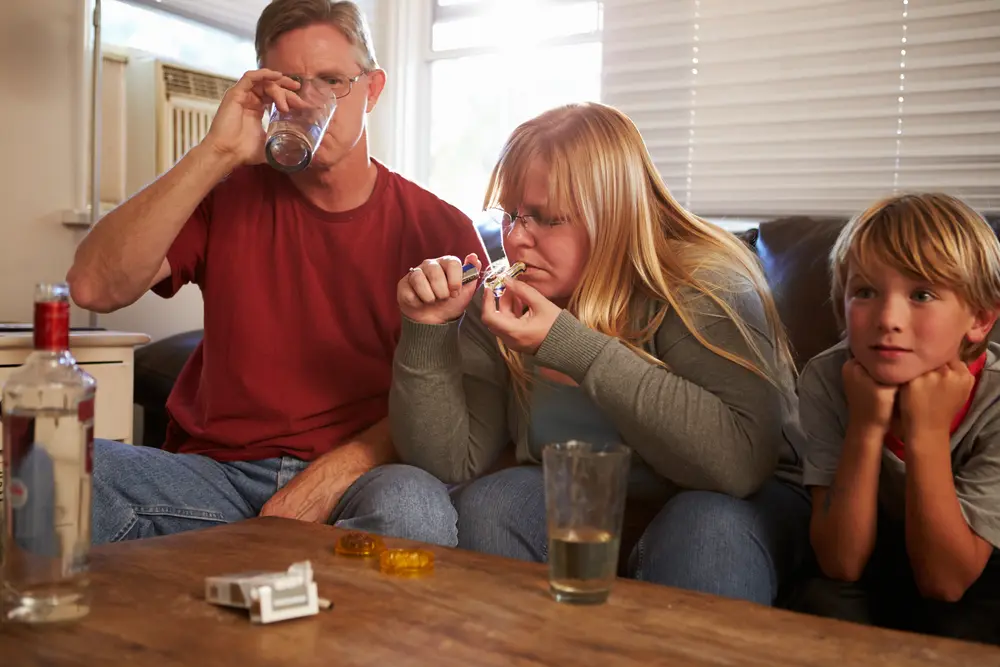Addiction is a complex and devastating disease that not only affects the individual struggling with substance abuse but also has a profound impact on their relationships. Whether it’s with family members, friends, romantic partners, or colleagues, addiction can strain and damage relationships in various ways. Understanding the impact of addiction on relationships is crucial for both the individual in recovery and their loved ones. In this blog post, we will explore the ways in which addiction can affect relationships and discuss strategies for repairing and rebuilding these relationships, with a focus on the support available at Jagruti Rehabilitation Centre in Bangalore.
- Breakdown of Trust
One of the most significant impacts of addiction on relationships is the breakdown of trust. Substance abuse can lead to lies, deceit, and broken promises, eroding the trust that is essential for healthy relationships. As trust diminishes, communication breaks down, and the foundation of the relationship is undermined. Rebuilding trust takes time and effort and often requires the individual in recovery to demonstrate through their actions that they are committed to sobriety.
- Emotional Distance
Addiction can create emotional distance between individuals, as the focus shifts from the relationship to obtaining and using substances. The individual struggling with addiction may become emotionally unavailable or withdrawn, leaving their loved ones feeling isolated and disconnected. Over time, this emotional distance can strain the relationship and lead to feelings of resentment, anger, and frustration.
- Financial Strain
Substance abuse can also have a significant financial impact on relationships. The cost of supporting an addiction, coupled with potential legal issues and lost income, can lead to financial strain and instability. This can create tension and conflict within the relationship, as well as feelings of resentment and betrayal.
- Codependency
Codependency is a common issue in relationships affected by addiction. Codependent relationships are characterized by excessive reliance on each other for approval and a sense of identity. In the context of addiction, a codependent partner may enable the addict’s behavior by making excuses for them, covering up their substance abuse, or taking on responsibilities that should be the addict’s. Codependency can be damaging to both parties and can prevent the individual struggling with addiction from seeking help.
- Communication Breakdown
Effective communication is essential for healthy relationships, but addiction can hinder communication in various ways. The individual struggling with addiction may be in denial about their problem, making it difficult to have honest and open conversations. They may also be defensive or hostile when confronted about their substance abuse, further complicating communication. As a result, important issues go unaddressed, and the relationship suffers.
- Physical and Emotional Abuse
In some cases, addiction can lead to physical or emotional abuse within a relationship. Substance abuse can impair judgment and impulse control, leading to aggressive or violent behavior. Emotional abuse, such as manipulation, verbal attacks, and gaslighting, can also occur as a result of addiction. These behaviors can have long-lasting effects on the victim and the relationship as a whole.
- Isolation and Alienation
Addiction can lead to social isolation and alienation from friends, family, and community. The individual struggling with addiction may withdraw from social activities and relationships, preferring to spend time alone or with other substance users. This isolation can further strain relationships and contribute to feelings of loneliness and despair.
- Impact on Children
Addiction can have a particularly devastating impact on children in the family. Children of parents struggling with addiction are more likely to experience neglect, abuse, and instability. They may also be at higher risk of developing substance abuse issues themselves later in life. The impact of addiction on children can be long-lasting and profound, affecting their emotional, social, and cognitive development.
The impact of addiction on relationships can be profound, but with understanding, patience, and support, it is possible to repair and rebuild these relationships. By seeking professional help, setting boundaries, practicing self-care, and supporting the individual struggling with addiction in their recovery journey, you can strengthen your relationships and create a healthier, more supportive environment for everyone involved. Remember, recovery is a journey, and rebuilding relationships takes time and effort, but the rewards of a stronger, more resilient bond are well worth it. For professional support and guidance, consider reaching out to Jagruti Rehab Centre in Bangalore.

Comments are closed.